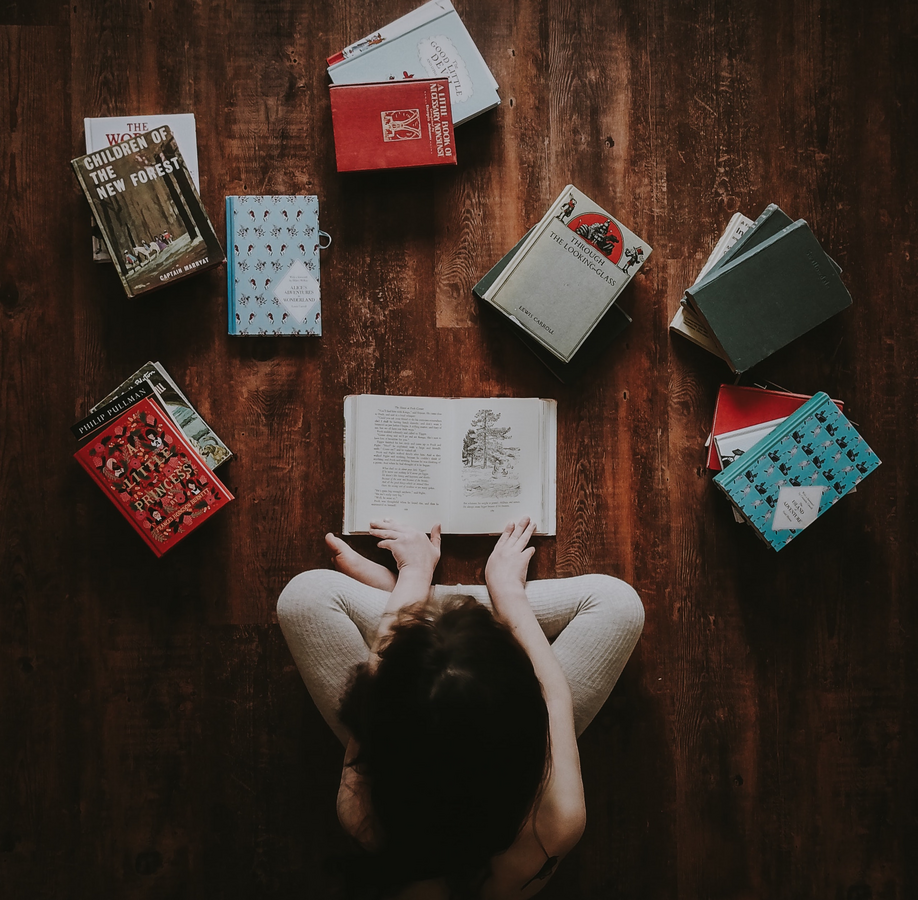This article appeared in the October print edition of America Magazine
Like almost every other child in the Catholic parish where I grew up in Portland, Ore., my siblings and I were home-schooled. Our parish had a robust home-schooling community that organized group classes, dances, camping trips and graduation ceremonies. When my siblings and I eventually switched to a Catholic school—and later some of my siblings went to public school—many members of our parish saw this as a mistake.
Catholics and evangelical Protestants who home-school may do so for a number of reasons. They want to ensure that their children receive a strong religious education; they hope to protect them from cultural influences they see as dangerous and immoral; they want their children to have a robust education and do not trust conventional schools to provide one. Many people I knew saw the public school system as a secularist and politically liberal project that indoctrinates children, but they also were skeptical about Catholic schools. The opinions of home-schooled children vary widely. Many I knew growing up valued the experience, crediting it with their intellectual formation, while others like myself and my siblings often found it tedious and longed to go to a “real” school. There are pros and cons on both sides. But in the midst of the national examination of conscience that has begun since the brutal killing of George Floyd, many of us who grew up in the home-schooling world have started to ask whether our education failed us when it came to understanding racism and our country’s troubled history with it. Some home-schooling parents have begun to ask the same question.
